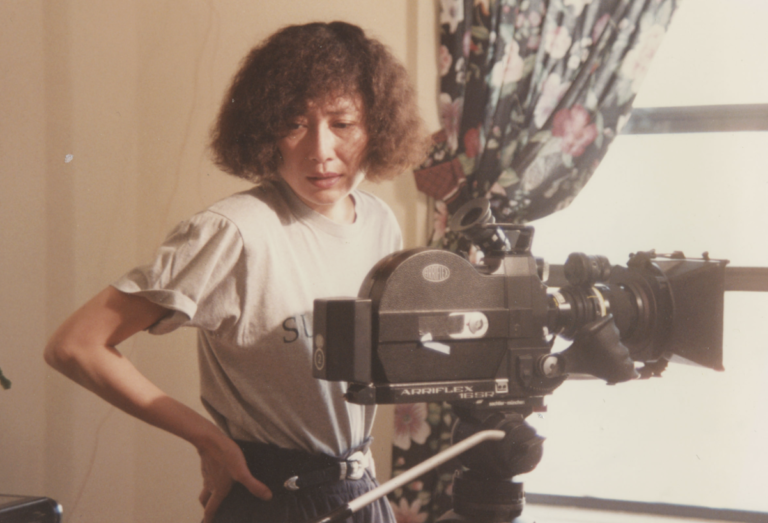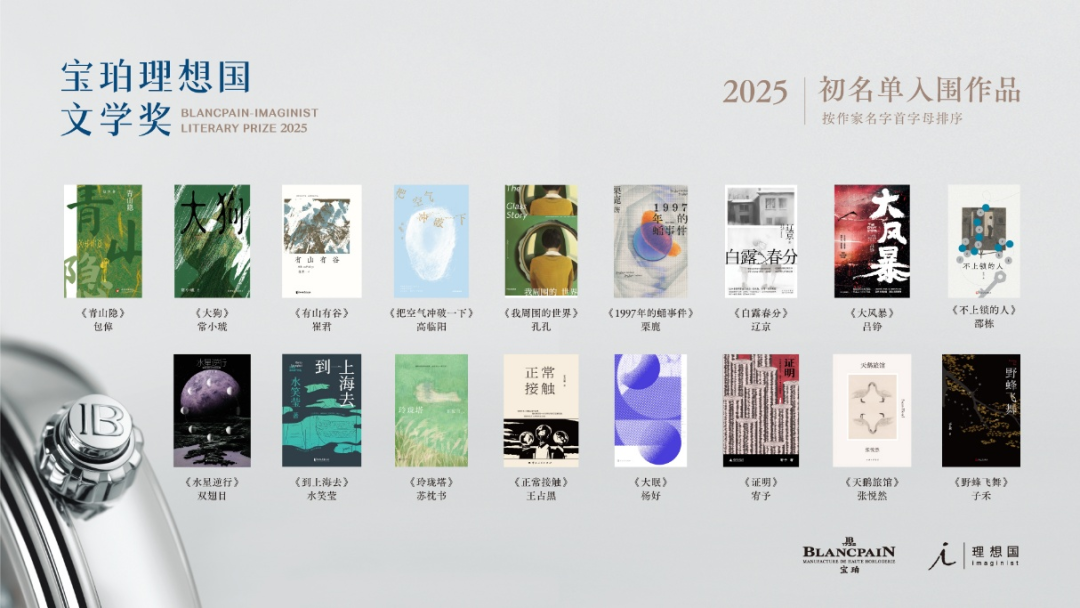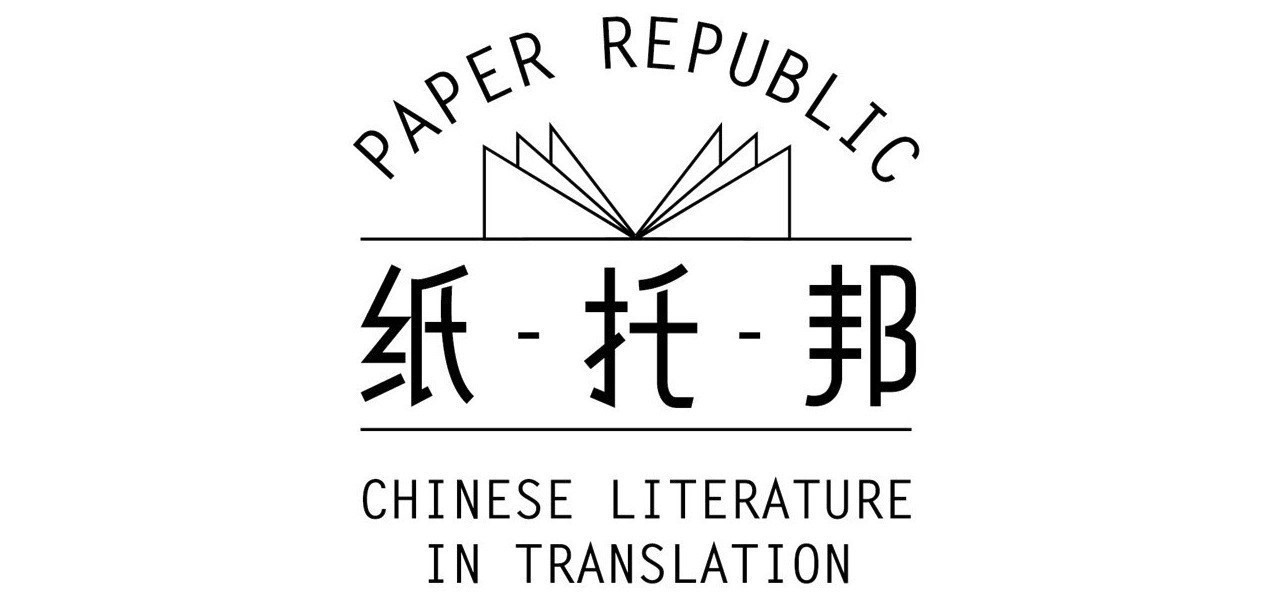Source: Cinema Daily (12/9/25)
Documentary Filmmaker Christine Choy Dies at 73

©Courtesy of the Museum of Chinese in America.
Shanghai-born documentary filmmaker Christine Choy, whose 1987 Oscar-nominated film Who Killed Vincent Chin? galvanized the Asian-American community, died on December 7 in Manhattan. She was 73.
In a career spanning fifty years, the outspoken Choy made more than eighty films and received dozens of awards, including a lifetime achievement award presented to her in 2023 by the Hot Docs film festival. In the previous year, she had been the subject of The Exiles, a documentary directed by two of her students that won the Grand Jury prize at Sundance. That film depicted Choy’s meeting with a group of Chinese dissidents who had participated in the Tiananmen Square protest in 1989.
For more than thirty-five years, Choy had been on the faculty of New York University’s Tisch School of the Arts, where she chaired the graduate film/TV program from 1994 to 1997 and 2002 to 2005.
Christine Choy was born as Chai Ming Huie to a Chinese mother and a Korean father who was a political exile living in Shanghai. During the Cultural Revolution in China, Choy and her mother fled to South Korea where the family was reunited. In the mid-1960s Choy arrived in New York City, where she quickly became involved in political activism with the Black Panthers and other radical groups.
In 1972, Choy co-founded Third World Newsreel with Susan Robeson, the granddaughter of African American actor Paul Robeson. One of their first releases was a documentary about the 1971 Attica Prison uprising. Choy also directed many other films about the struggles of racial minorities, including From Spikes to Spindles, Mississippi Triangle, Sa-I-Gu, and A Litany for Survival: The Life and Work of Audre Lorde. Continue reading Christine Choy dies at 73






